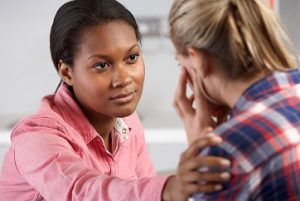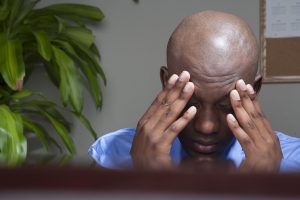The pandemic has bore itself upon millions of people. It is wearing on so many. So many losses, both deeply personal but also secondary in nature, but the overall cloud upon the planet has also created a general grief. Many individuals are feeling a general apathy due to the pandemic and that is only natural.

The article, “What you’re feeling is grief” by Nylah Burton looks at how many are having a difficult time coping and responding to so much grief. The article states,
“These conditions, combined with the duration of the pandemic, are causing many people to struggle with the loss of their “resilience muscle,” says Sherry Cormier, a psychologist and bereavement specialist who authored the book Sweet Sorrow: Finding Enduring Wholeness after Loss and Grief. “Back in March, we had a lot of zest. We thought we could get through this and rise to the challenge. But the longer this goes on, the climb gets harder and harder,” Cormier says. “We are definitely in a mental health epidemic.”
To read the entire article, please click here
With death, personal losses, loss of income and loss of social interaction, basic coping is becoming not enough for many people. The general cloud of apathy and mental issues that come with a pandemic are beginning to take root.
Please also review AIHCP’s Grief Counseling Certification and see if it matches your professional and academic goals. The program is online and independent study and open to qualified professionals seeking a four year certification in Grief Counseling










